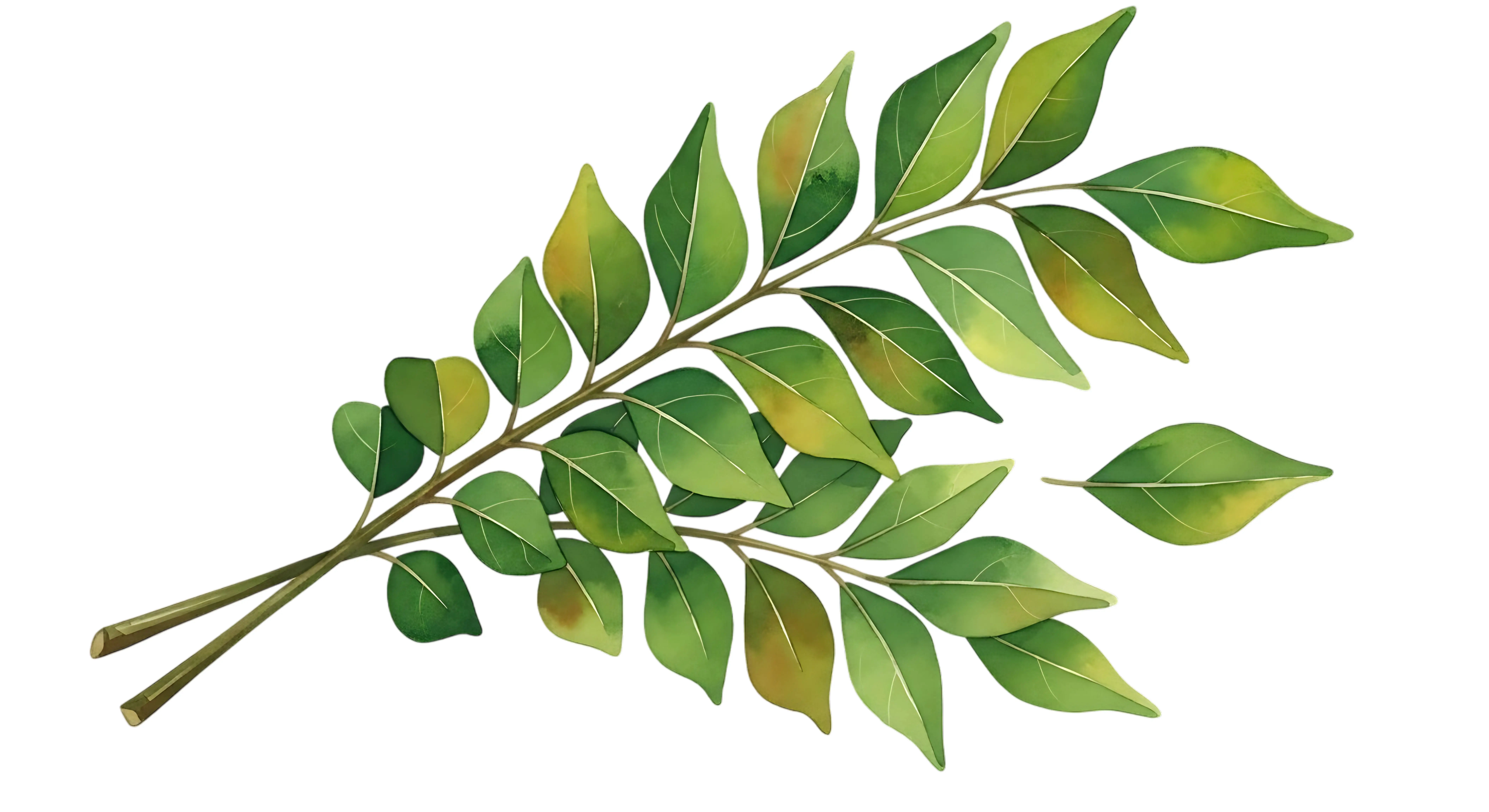Natural Treatments For Viral Fever
Know about the natural remedies for viral fever, what it is, viral versus bacteria fever, first line of defense, top natural treatments to soothe fever, monitoring symptoms and prevention of fever and more.

Written by Dr. Dhankecha Mayank Dineshbhai
Reviewed by Dr. Rohinipriyanka Pondugula MBBS
Last updated on 13th Jan, 2026

Introduction
That familiar ache, the sudden chills, and the unmistakable warmth of a fever, a viral fever, are your body’s powerful announcement that it’s fighting an invader. While it can leave you feeling miserable, it’s a sign your immune system is working hard. While over-the-counter medications can provide relief, many people seek gentle, natural treatments to support their body’s healing process without overwhelming it with chemicals. This comprehensive guide will walk you through effective, time-tested home remedies for viral fever, from hydration strategies and soothing herbal teas to
comfort measures that ease body aches.
What Exactly is a Viral Fever?
A viral fever is not an illness itself but a symptom of one. It's an elevation in your body’s core temperature, triggered by your immune system in response to an infection by a virus. This heated environment actually helps your body fight more effectively; many viruses struggle to replicate at higher temperatures. Understanding this can change your perspective. The goal isn't always to aggressively suppress the fever immediately, but to manage it comfortably while supporting your body's innate healing intelligence.
Consult a General Practitioner for Personalised Advice
Viral vs. Bacterial Fever: Knowing the Difference
This is a critical distinction because it dictates treatment. Bacterial infections (like strep throat or pneumonia) are caused by bacteria and typically respond to antibiotics. Viral infections (like the flu, common cold, or dengue) are caused by viruses and do not respond to antibiotics. Misusing antibiotics for a viral fever is ineffective and contributes to antibiotic resistance. Viral fevers often come with more generalised symptoms like muscle aches, fatigue, and headaches, while bacterial infections might be more localised with severe pain or discoloured discharge.
Common Viruses That Cause Fever
A multitude of viruses can be the culprit. The most common include:
- Influenza viruses Cause the seasonal flu, with high fever, significant body aches, and cough.
- Rhinoviruses and Coronaviruses: Typically cause the common cold, often with a mild fever.
- Dengue Virus: Causes high fever with severe muscle and joint pain (breakbone fever).
- Chikungunya Virus: Similar to dengue, causing high fever and debilitating joint pain.
The First Line of Defense: Essential Supportive Care
Before reaching for any remedy, the cornerstone of treating any viral fever is supportive care. These three steps are more impactful than anything else.
- Hydration is Non-Negotiable: Best Fluids to Drink
- Fever increases metabolic rate and causes fluid loss through sweat, leading to dehydration, which can worsen
symptoms and slow recovery. Sipping fluids consistently is vital. - Water: Plain, room-temperature water is essential.
- Oral Rehydration Solution (ORS): Perfect for replenishing lost electrolytes and salts. You can find packets at pharmacies or make a simple version at home with water, salt, and sugar.
- Herbal Teas: Ginger tea, peppermint tea, or chamomile tea are soothing, hydrating, and offer additional medicinal benefits.
- Broths and Soups: Chicken soup isn't just an old wives' tale. It provides fluids, electrolytes, and easy-to-digest nutrients,
and the steam can help relieve congestion.
The Power of Rest: Why Your Body Needs to Slow Down
When you have a fever, your body is expending a massive amount of energy fighting the virus. Physical and mental rest allows it to redirect all available resources toward this battle. Pushing yourself to work or exercise can prolong the illness and increase the risk of complications. Think of rest as an active treatment, not passive downtime.
Nutritional Support: Easy-to-Digest Foods for Strength
Your digestive system is also working hard, so it needs a break. Focus on light, nutritious, and easy-to-digest foods.
- Khichdi: A classic Indian dish of rice and lentils is a complete protein, gentle on the stomach, and provides necessary calories.
- Boiled Vegetables: Soft, boiled vegetables like carrots and pumpkins are easy to digest and rich in vitamins.
- Fruits: Bananas, steamed apples, and papaya are excellent choices that provide energy and nutrients without straining the gut.
- Avoid: Heavy, greasy, spicy, or sugary foods, which can suppress immune function and cause inflammation.
Top Natural Treatments to Soothe Viral Fever Symptoms
These include:
Herbal Allies: Time-Tested Remedies from Your Kitchen
- Holy Basil (Tulsi): The Ayurvedic Powerhouse
- Tulsi is revered in Ayurveda for its immunomodulatory, antipyretic (fever-reducing), and antiviral properties. Boil 4-5 leaves in a cup of water for a few minutes, strain, and drink as a tea. It can help reduce fever and relieve congestion.
- Ginger and Turmeric: Anti-Inflammatory Warriors
- Both ginger and turmeric are potent anti-inflammatories. Ginger tea can help reduce nausea and body aches, while turmeric (thanks to curcumin) is a powerful immune booster. A warm golden milk latte with turmeric, a pinch of black pepper (to enhance absorption), and ginger can be incredibly soothing.
- Honey and Lemon: The Soothing Duo
- A classic for a reason. Honey has natural antimicrobial properties and soothes a sore throat, while lemon provides vitamin C and flavonoids. Mix a tablespoon of honey and a squeeze of lemon in warm water or herbal tea. (Note: Do not give honey to children under one year old).
Hydrotherapy: Using Water to Manage Temperature
- The Lukewarm Sponge Bath Technique
A common mistake is using cold water or ice, which can cause shivering and actually raise the core temperature. Instead, use a sponge or cloth with lukewarm water (85-90°F or 29-32°C) to gently wipe the skin, particularly the forehead, armpits, and groin area. As the water evaporates, it draws heat away from the body, providing gentle relief.
This is one of the most effective natural ways to reduce fever discomfort.
Comfort Measures: Easing Body Aches and Chills
- Warm Clothing: If you have chills, dress in light, breathable layers. Avoid heavy blankets that can overheat you.
- Humidifier: Dry air can irritate the respiratory tract. A cool-mist humidifier adds moisture to the air, easing cough and congestion.
- Gargling: Gargling with warm salt water can soothe a sore throat and reduce inflammation.
Monitoring Your Symptoms: When to Seek Professional Help
While natural treatments are excellent for support, they are not a substitute for professional medical advice. It is crucial to monitor your symptoms closely.
Red Flags: Signs You Must Not Ignore
Consult a doctor immediately if you or a loved one experiences:
- A fever above 103°F (39.4°C) that doesn't respond to medication.
- A fever that lasts for more than three days.
- Severe headache, stiff neck, confusion, or seizures.
- Difficulty breathing or chest pain.
- Severe vomiting or inability to keep fluids down (risk of dehydration).
- A rash that spreads quickly.
- Signs of dehydration (little to no urination, sunken eyes, extreme lethargy).
If your condition does not improve after trying these methods, or if any of these red flags appear, book a physical visit to a doctor with Apollo24|7 for a precise diagnosis and appropriate treatment plan. For less urgent concerns, a quick online consultation can provide immediate guidance.
Preventing Viral Fever: Building a Resilient Immune System
The best treatment is prevention. Strengthening your immune system year-round is your best defense against frequent viral infections.
- Balanced Diet: Eat a rainbow of fruits and vegetables rich in vitamins C, D, and zinc.
- Adequate Sleep: Prioritise 7-9 hours of quality sleep per night, as sleep is when your immune system does much of its
repair work. - Stress Management: Chronic stress suppresses immune function. Practice yoga, meditation, or deep breathing.
- Regular Exercise: Moderate, consistent exercise boosts circulation and immune function.
- Hygiene: Wash your hands frequently with soap and water to prevent the spread of viruses.
Conclusion
Navigating a viral fever can be challenging, but by understanding your body's needs and employing these natural treatments, you can create a supportive environment for healing. Remember the core principles: hydrate relentlessly, rest completely, and nourish gently. The remedies from your kitchen like tulsi tea and ginger infusions are powerful allies in soothing discomfort and bolstering your body’s defenses. However, always listen to your body. These home strategies are meant to complement, not replace, professional medical advice. If your symptoms are severe or persistent, seeking a doctor's guidance is the wisest step toward a full and speedy recovery.
Consult a General Practitioner for Personalised Advice
Consult a General Practitioner for Personalised Advice

Dr. Mainak Baksi
General Practitioner
13 Years • MBBS , MD (MPH)
Howrah
Mainak Baksi Clinic, Howrah
(50+ Patients)

Dr. Rajib Ghose
General Physician/ Internal Medicine Specialist
25 Years • MBBS
East Midnapore
VIVEKANANDA SEBA SADAN, East Midnapore
Dr Nivethitha Sivakumar
General Practitioner
1 Years • MBBS
Hyderabad
Apollo 247 Virtual Clinic, Hyderabad

Dr. Imtiyaz Khan
General Practitioner
6 Years • MD (Physician), Fellowship in Critical Care,AFIH
Bengaluru
Apollo Clinic, Sarjapur Road, Bengaluru

Dr. Ashita Kuruvilla
General Practitioner
7 Years • MBBS
Kolkata
KVC CLINIC, Kolkata
Consult a General Practitioner for Personalised Advice

Dr. Mainak Baksi
General Practitioner
13 Years • MBBS , MD (MPH)
Howrah
Mainak Baksi Clinic, Howrah
(50+ Patients)

Dr. Rajib Ghose
General Physician/ Internal Medicine Specialist
25 Years • MBBS
East Midnapore
VIVEKANANDA SEBA SADAN, East Midnapore
Dr Nivethitha Sivakumar
General Practitioner
1 Years • MBBS
Hyderabad
Apollo 247 Virtual Clinic, Hyderabad

Dr. Imtiyaz Khan
General Practitioner
6 Years • MD (Physician), Fellowship in Critical Care,AFIH
Bengaluru
Apollo Clinic, Sarjapur Road, Bengaluru

Dr. Ashita Kuruvilla
General Practitioner
7 Years • MBBS
Kolkata
KVC CLINIC, Kolkata
More articles from General Medical Consultation
Frequently Asked Questions
1. How long does a typical viral fever last in adults?
Most uncomplicated viral fevers in adults last between 3 to 5 days. The duration can vary depending on the specific virus and your immune system's strength. If a fever persists beyond this window, it's advisable to consult a doctor online with Apollo24|7 to rule out secondary infections or other complications.
2. What is the fastest way to cure a fever at home?
There is no instant 'cure,' as the fever must run its course. However, the fastest way to support your body is through aggressive hydration with electrolytes (like ORS), complete rest, and using a lukewarm sponge bath to manage discomfort. These steps create the optimal conditions for your immune system to work efficiently.
3. Is it good to sweat out a fever?
This is a common misconception. Sweating is a result of your body's cooling mechanism kicking in after the fever breaks, not a cause. Deliberately trying to 'sweat it out' by bundling up can lead to overheating and dehydration. Focus on staying comfortably cool and hydrated instead.
4. What are the best foods to eat during a viral fever?
Stick to the BRAT diet (Bananas, Rice, Applesauce, Toast) or its equivalent like khichdi, boiled vegetables, and clear broths. These easy-to-digest foods provide essential energy and nutrients without taxing your digestive system.
5. When should you go to the ER for a fever?
Seek emergency care for a fever if it is accompanied by a stiff neck and severe headache (signs of meningitis), difficulty breathing, chest pain, seizures, severe confusion, or a rash that doesn't blanch (turn white) when pressed.




.jpg)